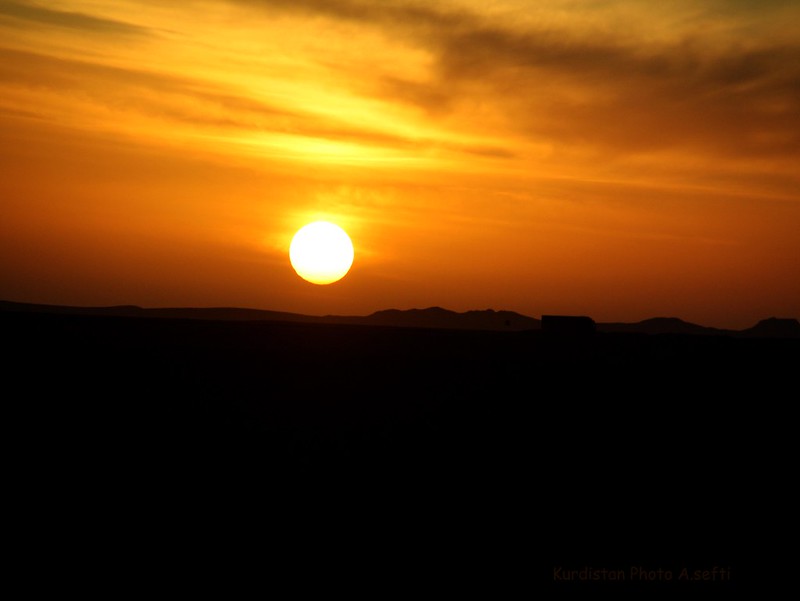Last week, during a surprise trip to Iraq, Vice President Pence praised what he called the “enduring bond that exists between the Kurdish people and the people of the United States.”
It is not clear what specifically the Vice President is referring to, but the United States and the Kurdish people certainly shared an important bond while Kurdish militias spent 11,000 lives to successfully beat back the Islamic State. After years of fighting with US diplomatic and limited military support, Kurdish fighters can take a large part, if not most of the responsibility for the defeat of ISIS.
Whatever existed of this “bond” was broken two months ago, when the United States all but explicitly allowed the Turkish military to invade northern Syria and massacre the Kurds, who are “more of a terrorist threat in many ways than ISIS”, according to the President of the United States.
At least 160,000 civilians were displaced before Russian diplomats brokered a ceasefire; Syrian and Russian troops would move into formerly semi-autonomous Kurdish regions of Syria in exchange for an end to further Turkish aggression. Multiple Kurdish sources claim that Turkey has already violated the week-old ceasefire.
But America’s “bond” with the Kurds runs deeper than this. Throughout the 1990s, Turkey participated in a lengthy and thorough repression of its Kurdish population, which was rewarded by millions of dollars in US military support. By 1999, Turkey was receiving more American weapons than any other nation on earth.
While this campaign existed largely within Turkey’s borders, in 2007 the US green-lit a Turkish bombing campaign of Iraq, which targeted Iraqi Kurdish villages. The 2007 bombing, which was the largest military attack on Iraq since 2003, came with President Bush’s approval of “US intelligence on Kurdish rebel movements”.
These same Kurdish “rebels” had previously been of use to the US during the Gulf War, when President George H. W. Bush encouraged “the Iraqi people to take matters into their own hands and force Saddam Hussein, the dictator, to step aside” via the CIA-run media outlet Voice of Free Iraq Radio. According to The Independent’s Robert Fisk, “anyone listening to the station was entitled to believe that the Western and Arab armies would come to their rescue.”
Iraqis, most of them Kurds, staged a number of armed uprisings in 1991 with the goal of overthrowing the Ba’athist government at the request of the US. In what professor and army officer Augustus Norton describes as “one of the more disgraceful moral lapses in US history,” the Hussein government “pulverized the rebellion,” killing thousands of armed and unarmed Kurds, while the Americans “stood by and watched, often literally.”
This is the foundation that the current “bond” between the Kurds and the Americans is built upon, and the backdrop of the US-instigated Turkish invasion of Syria.
The invasion was a long time coming. When the US flirted with the idea of arming a “border security force” along the border with Syria and Turkey, Ankara responded by shelling the Kurdish district of Afrin, killing 400 and displacing another 150,000 according to conservative estimates. This elicited some mild displeasure from the US State Department along with the acknowledgment of Turkey’s “legitimate security concerns” and the assurance that no such border security force would be established.
As the Afrin episode demonstrated, a US pullout from Rojava would mean an open invitation to the Turkish army; we’re left to wonder if Trump’s military advisors were aware of this, or whether they just didn’t care.
If this history is to teach anything to an American audience, it’s that the US military betraying the Kurds isn’t some bizarre foreign policy blunder unique to Donald Trump. Kurdish life has never really factored into the game theory of the Middle Eastern.
If there’s any “enduring bond” between the Kurds and the United States, it’s the decades-long mutual understanding that the Kurds, a liberal and democratic people with a high degree of self-autonomy, will work with the United States out of either convenience or desperation, just as they’re currently doing with the Russians.
Image credit: Kurdistan4all

